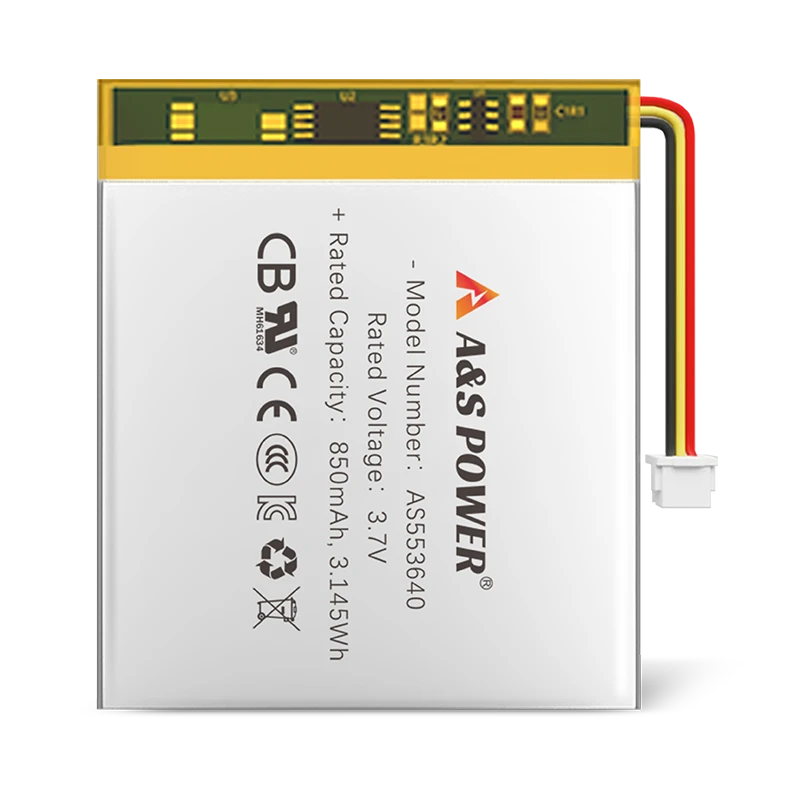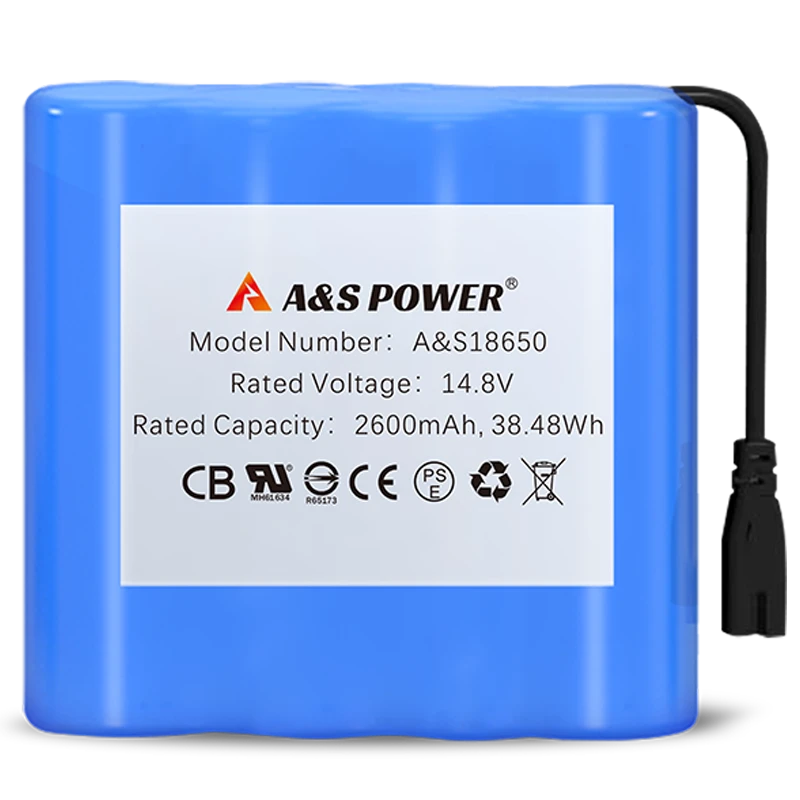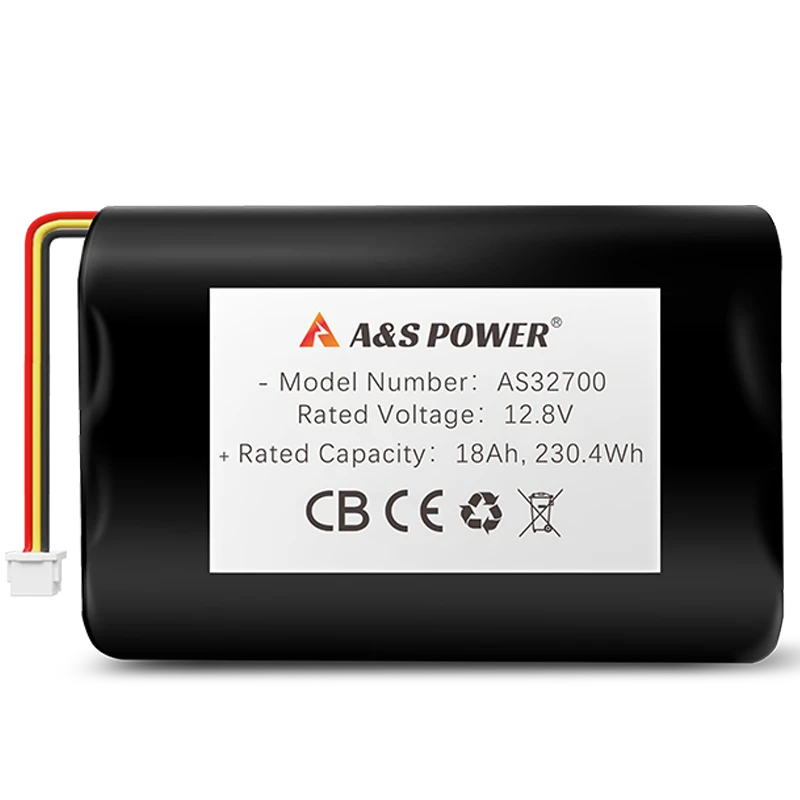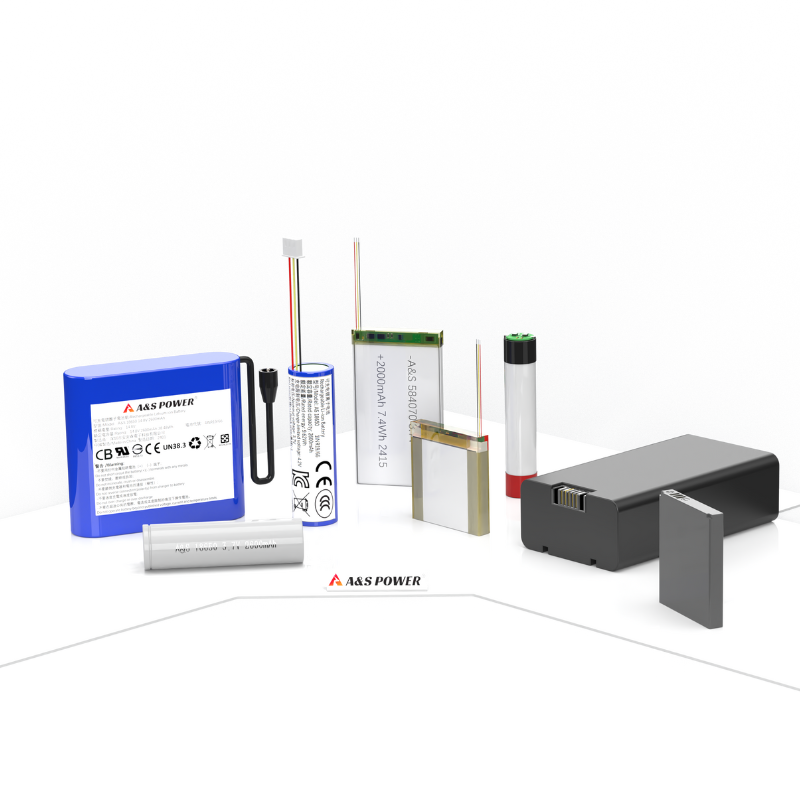Lithium Polymer Battery vs Lithium Ion Battery: What’s the Difference?
When it comes to rechargeable batteries, two of the most widely used types are Lithium Polymer (LiPo) batteries and Lithium Ion (Li-ion) batteries. While both belong to the lithium-based battery family, they differ in structure, performance, and application fields. Understanding these differences can help manufacturers and engineers choose the right battery for their devices.
1. Structural Differences
-
Lithium Ion (Li-ion) Battery
-
Uses a liquid electrolyte between the positive and negative electrodes.
-
Cylindrical or prismatic shape (e.g., 18650 cells).
-
Requires a rigid casing for protection.
-
-
Lithium Polymer (LiPo) Battery
-
Uses a polymer-based electrolyte (gel or solid).
-
Packaged in soft pouches instead of hard metal casing.
-
Offers flexible design with thin, lightweight shapes.
-
2. Performance Comparison
| Feature | Lithium Ion (Li-ion) | Lithium Polymer (LiPo) |
|---|---|---|
| Energy Density | Higher (more energy in same size) | Slightly lower |
| Weight | Heavier due to metal casing | Lighter, slim design |
| Cycle Life | Typically longer | Moderate |
| Safety | Risk of leakage if damaged | More resistant, but still requires protection circuit |
| Cost | Lower cost, widely used | Higher cost due to design flexibility |
3. Application Scenarios
-
Lithium Ion Battery Applications
-
Laptops, smartphones, power tools, electric vehicles (EVs)
-
Best for devices requiring high energy density and long runtime
-
-
Lithium Polymer Battery Applications
-
Drones, wearables, medical devices, GPS trackers
-
Ideal for products that need lightweight, compact, and customizable shapes
-
4. Advantages & Disadvantages
Li-ion Advantages
-
High energy density
-
Cost-effective
-
Long cycle life
Li-ion Disadvantages
-
Rigid size, less flexible
-
Safety concerns under extreme conditions
LiPo Advantages
-
Flexible shapes and sizes
-
Lightweight, slim profile
-
Lower leakage risk
LiPo Disadvantages
-
Higher cost
-
Slightly shorter lifespan compared to Li-ion
5. Which Battery Should You Choose?
-
If your project requires maximum capacity and cost efficiency → Lithium Ion battery is the better choice.
-
If your product needs custom shapes, lightweight design, and compact size → Lithium Polymer battery is more suitable.
Both batteries are widely used, but the right option depends on your application requirements.
6. FAQ
Q1: Are Li-ion batteries safer than LiPo?
-
Both require protection circuits, but LiPo’s polymer electrolyte reduces leakage risks.
Q2: Which battery lasts longer?
-
Generally, Li-ion batteries have a longer cycle life.
Q3: Can LiPo and Li-ion batteries be interchanged?
-
Not directly. Their designs and safety requirements differ, so they must be selected based on the device’s specifications.
7. External References
Conclusion
The debate of Lithium Polymer Battery vs Lithium Ion Battery is not about which one is universally “better,” but rather about matching the right technology to the right application. At A&S Power, we provide both custom Li-ion and LiPo battery solutions, ensuring that your product benefits from safety, performance, and certification compliance.
Contact us today to discuss custom lithium battery solutions for your project.
-

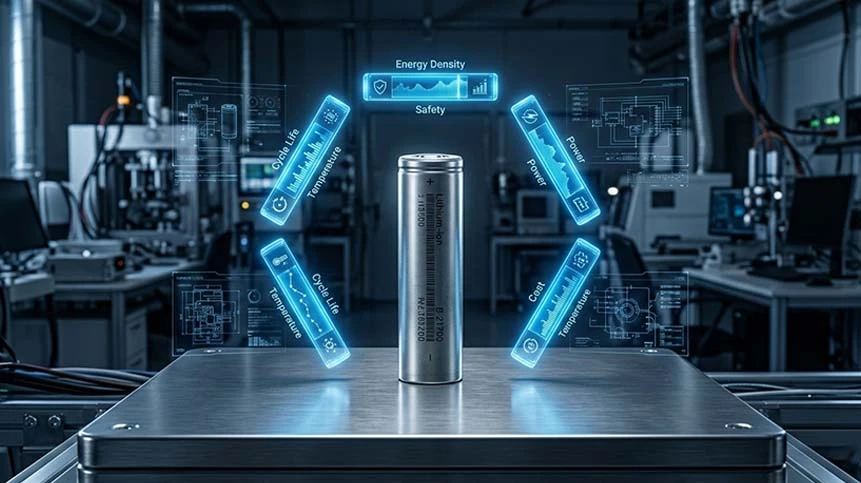 May.2026.02.27Lithium-Ion Batteries: The Six Constraints Blocking the Path to PerfectionLearn More
May.2026.02.27Lithium-Ion Batteries: The Six Constraints Blocking the Path to PerfectionLearn More -

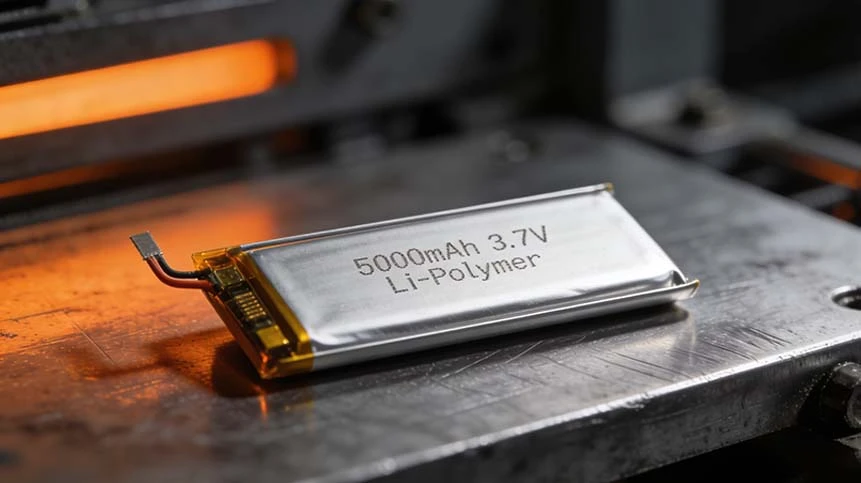 May.2026.02.25Li-Polymer Battery 5000mAh: Complete Technical & OEM GuideLearn More
May.2026.02.25Li-Polymer Battery 5000mAh: Complete Technical & OEM GuideLearn More -

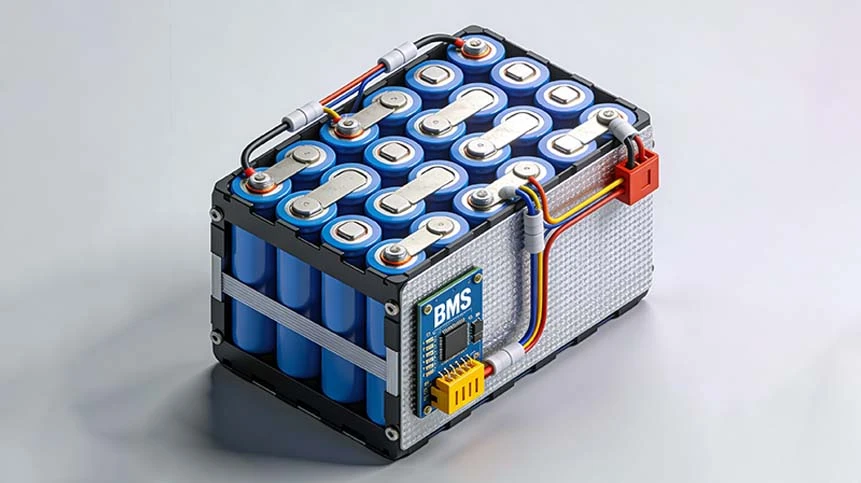 May.2026.02.24The Unparalleled Advantages of Lithium-Ion Batteries Over Traditional BatteriesLearn More
May.2026.02.24The Unparalleled Advantages of Lithium-Ion Batteries Over Traditional BatteriesLearn More -

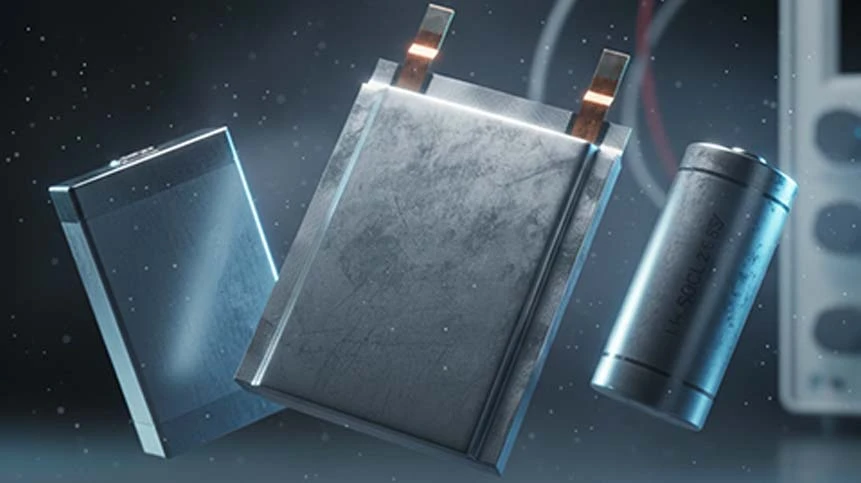 May.2026.02.243.6 Volt Battery: Complete Technical Guide for Engineers & BuyersLearn More
May.2026.02.243.6 Volt Battery: Complete Technical Guide for Engineers & BuyersLearn More -

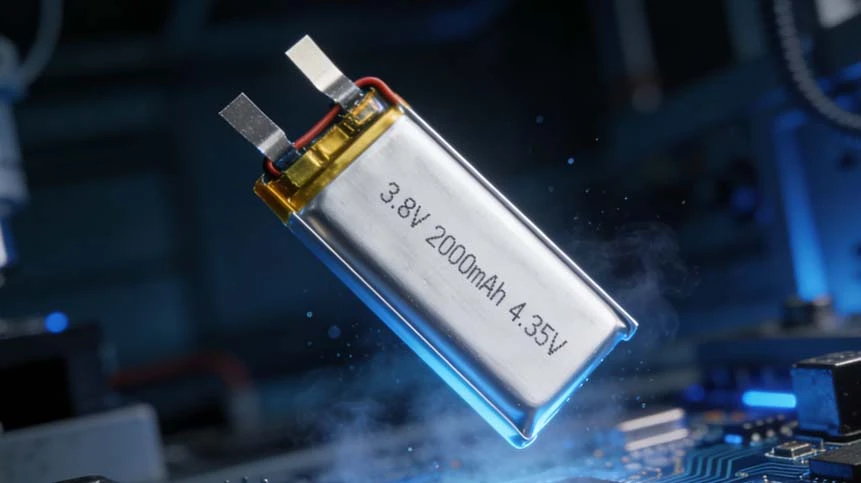 May.2026.02.24What Is a 3.8V LiPo Battery? A Complete Engineering & OEM GuideLearn More
May.2026.02.24What Is a 3.8V LiPo Battery? A Complete Engineering & OEM GuideLearn More




